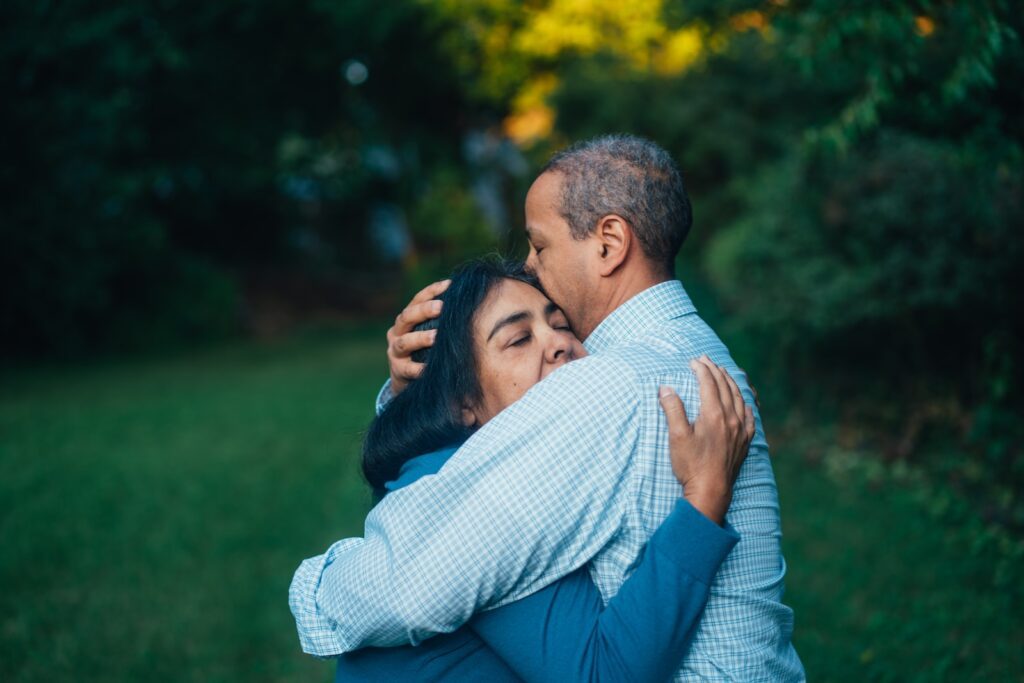“The Forgiveness of Sins: Why It Matters.” Forgiveness is a powerful and transformative act that can release us from the burden of sin and bring us closer to salvation. Understanding the power of forgiveness and how it can free us from sin is essential to our spiritual growth and well-being. In this article, we will explore the concept of forgiveness in depth, examine its role in salvation, and provide practical steps for incorporating forgiveness into our daily lives.
What is Forgiveness?
Forgiveness is a process of releasing anger, resentment, and bitterness towards someone who has wronged us. It involves letting go of the desire for revenge and instead choosing to extend grace and mercy to the offender. Forgiveness does not excuse the wrongdoing or deny its impact but rather acknowledges the harm done and chooses to move forward in a spirit of reconciliation.

The Biblical Basis for Forgiveness
Forgiveness is a central theme in the Bible, with numerous passages that emphasize its importance. In Matthew 6:14-15, Jesus teaches that we must forgive others if we want to receive forgiveness from God. He also models forgiveness in his interactions with those who have sinned against him, such as the woman caught in adultery (John 8:1-11) and the thief on the cross (Luke 23:39-43).
The Role of Forgiveness in Salvation
Forgiveness is essential to our salvation, as it is through the forgiveness of our sins that we are reconciled to God. As Romans 3:23-24 states, “for all have sinned and fall short of the glory of God, and all are justified freely by his grace through the redemption that came by Christ Jesus.” It is through Christ’s sacrifice on the cross that our sins are forgiven and we are made new.
The Benefits of Forgiveness
Forgiveness has numerous benefits, both for the offender and the offended. For the offender, forgiveness provides the opportunity for redemption and healing. It also allows them to break free from the cycle of guilt and shame that can result from their actions. For the offended, forgiveness brings peace, healing, and freedom from the burden of anger and bitterness. It also fosters a spirit of compassion and empathy towards others.
Practicing Forgiveness
Incorporating forgiveness into our daily lives can be a challenging but transformative process. It involves acknowledging our own need for forgiveness, extending grace and mercy to others, and choosing to let go of anger and resentment. Some practical steps for practicing forgiveness include:
- Acknowledge the harm done and its impact
- Choose to let go of anger and resentment
- Extend grace and mercy to the offender
- Foster a spirit of compassion and empathy toward others
Forgiveness Frees Us from the Condemnation of Sin
Forgiveness is a gift from God that allows us to be free from the guilt and condemnation of our sins. When we confess our sins to God, He is faithful and just to forgive us and to cleanse us from all unrighteousness (1 John 1:9). Forgiveness also restores our relationship with God and enables us to receive His grace and mercy. Some Bible verses that illustrate this are:

- Psalm 32:1: “How blessed is he whose transgression is forgiven, Whose sin is covered!”
- Acts 2:38: “And Peter said to them, ‘Repent and be baptized every one of you in the name of Jesus Christ for the forgiveness of your sins, and you will receive the gift of the Holy Spirit.'”
- Ephesians 1:7: “In him we have redemption through his blood, the forgiveness of our trespasses, according to the riches of his grace.”
- Colossians 3:13: “Bear with each other and forgive one another if any of you has a grievance against someone. Forgive as the Lord forgave you.”
- Luke 23:34: “Jesus said, ‘Father, forgive them, for they do not know what they are doing.’ And they divided up his clothes by casting lots.”
Forgiveness is not only something we receive from God but also something we are called to extend to others. As God has forgiven us, so we also must forgive those who have wronged us. Forgiveness frees us from bitterness and resentment and allows us to experience peace and joy. Forgiveness also reflects God’s love and character and glorifies Him in the world.
Love Is the Way to Victory
Forgiveness of sins is enshrined in the love that God has for humanity. (Please see John 3:16 and II Corinthians 5:21). We are expected to forgive those who offend us, even if they do not necessarily say sorry. May we not be those who wait to hear “I am sorry” before we forgive. Instead, let us forgive others for their wrongdoing just as Christ has forgiven us of our sins. It is crucial that we as Christians comprehend the idea of “forgiveness of sins,” especially since we are in this world, offences must come, according to Luke 17:1.
Conclusion
Forgiveness is a powerful and transformative act that can release us from the burden of sin and bring us closer to salvation. By understanding the biblical basis for forgiveness, recognizing its benefits, and practicing forgiveness in our daily lives, we can experience greater peace, healing, and freedom from the bondage of sin.
FAQs
- Is forgiveness the same as forgetting? No, forgiveness and forgetting are not the same. While forgiveness involves releasing anger and resentment towards the offender, forgetting implies that the harm done is erased from memory. Forgiveness acknowledges the harm done but chooses to move forward in a spirit of reconciliation.
- Can forgiveness be given without an apology? Yes, forgiveness can be given without an apology. While an apology can facilitate the process of forgiveness, it is not necessary for forgiveness to occur. Forgiveness is a choice that we make for our own benefit, not necessarily for the benefit of the offender.
- What if the offender does not deserve forgiveness? Forgiveness is not about whether or not the offender deserves it but rather about choosing to extend grace and mercy regardless of their actions. It is important to remember that forgiveness is not condoning the wrongdoing but rather choosing to let go of the anger and resentment that can keep us bound to the offender.
- How can forgiveness help with healing from past traumas? Forgiveness can be a powerful tool for healing from past traumas. By choosing to release anger and resentment towards the offender, we can break free from the cycle of victimhood and move towards a place of empowerment. Forgiveness also fosters a spirit of compassion and empathy towards others, which can lead to greater connection and healing.
- Is it possible to forgive and still maintain healthy boundaries? Yes, it is possible to forgive and still maintain healthy boundaries. Forgiveness does not require us to tolerate abusive or harmful behavior. Rather, it involves choosing to let go of anger and resentment towards the offender while also taking steps to protect ourselves from future harm. Maintaining healthy boundaries can be an important part of the forgiveness process.





